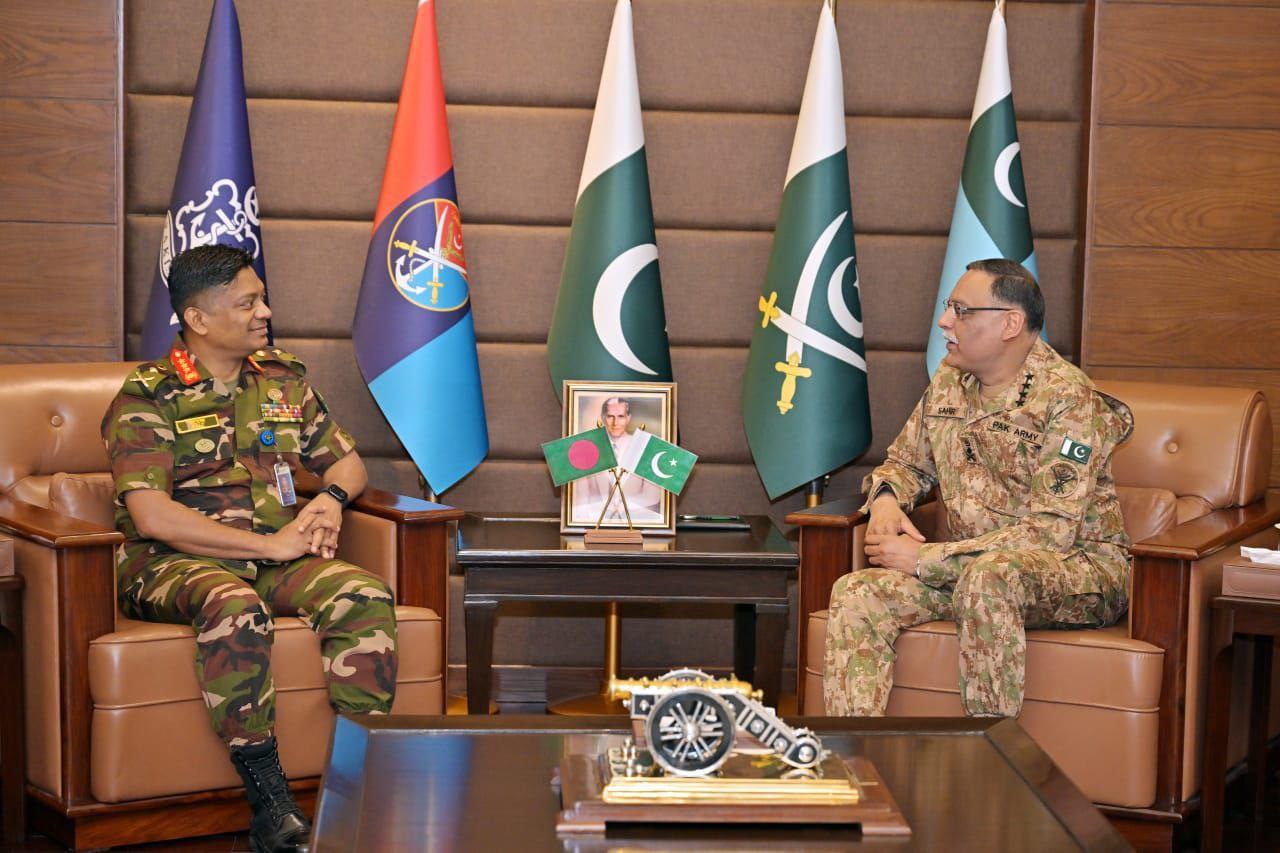This content is restricted to site members. If you are an existing user, please log in. New users may register below.
Bangladesh and Pakistan Move Towards Comprehensive Defence Ties

Reading Time: 4 minutes Bangladesh and Pakistan have signalled a fresh push towards developing comprehensive defence cooperation, as senior military officials met in Rawalpindi to discuss avenues for collaboration across multiple sectors. Lieutenant General Faizur Rahman, Quarter Master General of the Bangladesh Army, called on General Sahir Shamshad Mirza, NI, NI (M), Chairman Joint Chiefs of Staff Committee (CJCSC) of Pakistan Army, at the Joint Staff Headquarters on 22 August 2025. The visit, described as cordial and forward-looking, marks one of the most significant recent engagements between the two South Asian nations in the security domain. During his stay, Lt Gen Rahman toured a series of Pakistan’s defence establishments, production facilities and strategic sites. These included state-owned arms factories, logistics and research institutions, as well as joint service training establishments. The exposure offered Bangladesh a close view of Pakistan’s defence industrial ecosystem and its self-reliance drive, built over decades under

